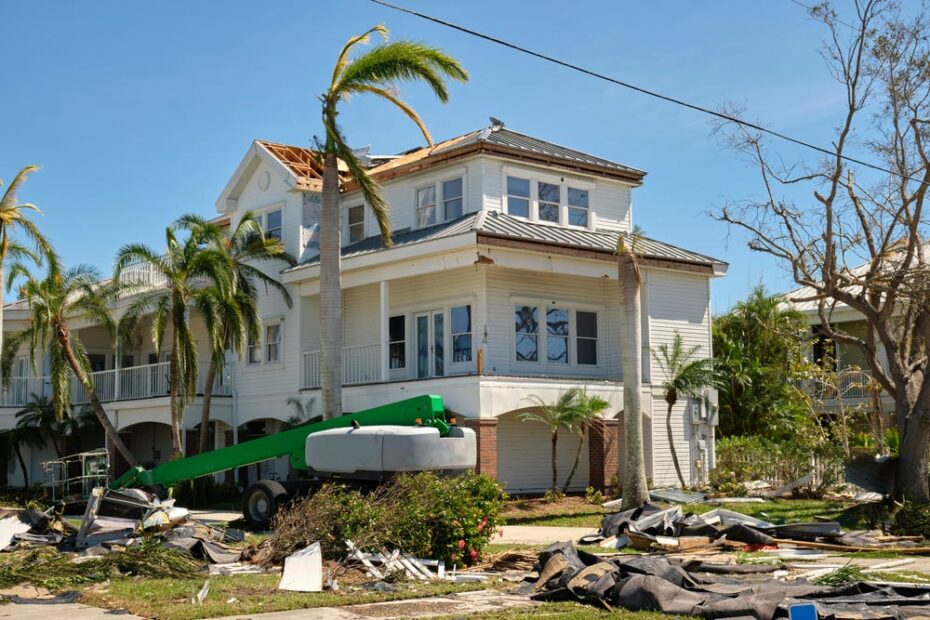People deal with all types of physical and emotional stress during the minutes, hours, and days after a disaster. They may be dealing with physical discomfort caused by injuries they have sustained during the event. They may also be dealing with the emotional stress brought on by the loss of property, control over their lives, and even the loss of loved ones. Many people are concerned about what happens after a disaster, especially if their homes have been damaged.
What to Do Immediately After the Disaster
The first thing you need to remember is that it’s important to stay calm, but here are some other things you should do immediately after disaster strikes:
- Have injuries treated by a medical professional — Wash any small wounds with soap and water. You should also cover them with bandages and replace them if they get soiled, damaged, or waterlogged. Doing this will prevent infection.
- Pace yourself — You may be in a position where you can take charge of other people, but it’s important to listen to what other people are telling you and to deal patiently with urgent situations.
- Check with the fire department to make sure your home is safe to enter — You never want to walk past colored tape that has been placed over doors or windows, because it’s there to mark damaged areas. You also want to check with the local authorities to make sure it’s safe to do so.
If a building inspector has placed a color-coded sign on a property, don’t go inside until you get more information, advice, and instructions about what it means and whether it’s safe to enter.
Recovering Emotionally from a Disaster
Here are some basic steps you can take to make sure you’re meeting your emotional needs:
- Return to as many of your personal and family routines as possible.
- Get enough rest and drink plenty of water.
- Limit your exposure to the sights and sounds of disaster (including anything on television, on the radio, and in the newspapers).
- Focus on the positive.
- Be aware of your feelings.
- Reach out and accept help from others.
- Do something you enjoy (including something that you and your family have enjoyed in the past).
- Stay connected with your family and other systems of support.
You also need to understand that it can take time to recover from a disaster.
Checking Your Home After a Disaster
If you have children, you should leave them with a relative or friend while you perform your first inspection. The area may not be safe for children. It may also be upsetting for them to see the damage firsthand. It may even have some long-term effects (including nightmares).
You want to check your home for any structural damage by taking the following steps:
- Checking the exterior part of your home — Look for loose power lines, broken or damaged gas lines, foundation cracks, or any other types of damage. Check your porch roofs and overhangs to see if they have all their supports. If you see any exterior damage, it could be a sign that it isn’t safe to enter.
- Check the interior of your home if there’s no exterior damage — Be careful as you open the door. If it’s jammed, don’t force it open. It may be supporting your home’s overall structure. So if you force it open, it may cause some parts of your home to collapse or become more damaged than they already are.
- Smell or sniff for gas — If there’s an odor that smells like natural or propane gas (or if you hear a hissing sound), leave the property immediately, get as far away from it as you can, and contact your local fire department. If they tell you to do so, turn off the gas with the proper tool at the valve by the outside meter.
- Look out for animals that may have made their way into your home — As you inspect your home, tap loudly on the floor with a stick to let any animals know you’re there. Most of them (including snakes) don’t want to make contact with humans, so they will move away if you make your presence known.
- Check your ceilings and floors for any signs of sagging — Water from fire hoses or rain may cause the plaster or wallboards to get wet, which can be heavy and dangerous if it falls. Because it will have to be replaced anyway, you can try to knock it down. But you want to be careful.
If you’re looking for one of the best places to help you with disaster recovery in Corpus Christi, be sure to get in touch with Gulf Shore Disaster Service.
